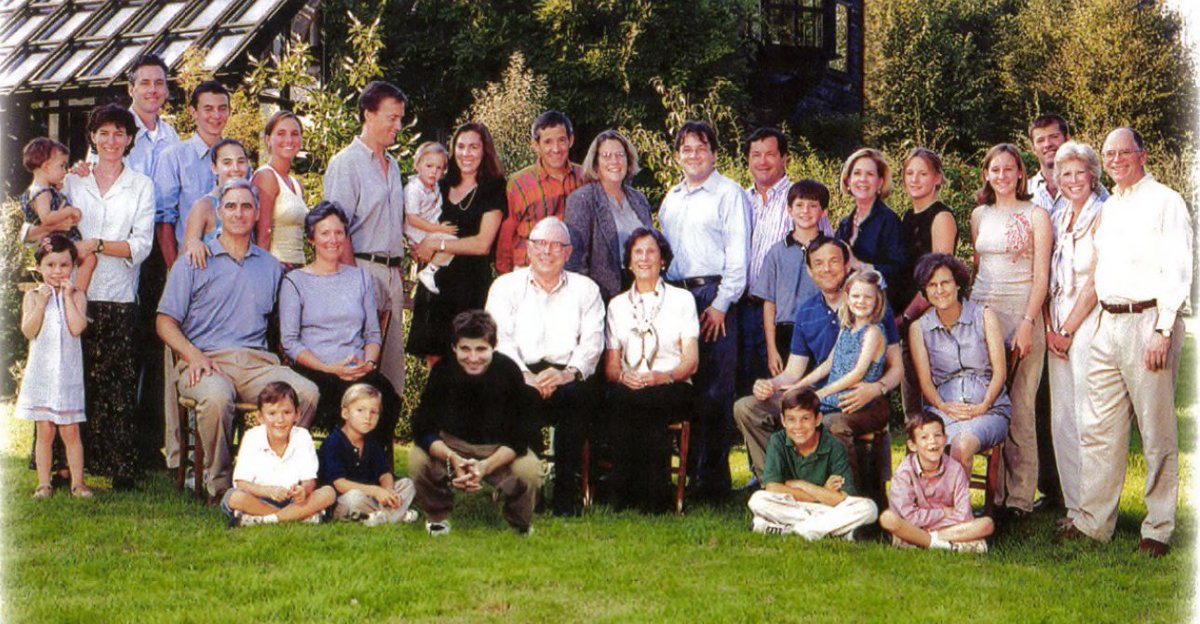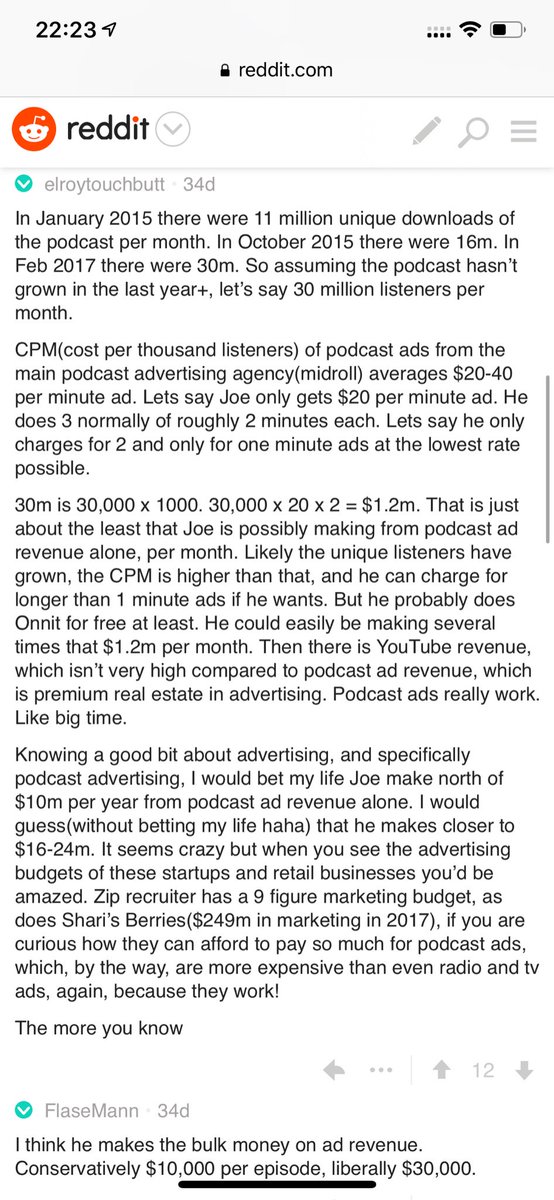The story dates to 1953 when Charlie, then 29 years old, got divorced from his (first) wife of eight years. Divorce had a huge social stigma attached at that time and it was the first blow for Charlie.
His wife also got almost everything in the separation, including the house. Charlie’s friends revealed that he moved into “dreadful” conditions after this divorce.
He, however, summoned all his courage, worked crazy all week to recover the money lost in the divorce. This was, however, just the beginning and life had to still test him out further.
A year later, Charlie’s 8-year-old son Teddy, was diagnosed with leukemia (blood cancer). He scoured the medical community but quickly discovered the disease was incurable.
He and his ex-wife sat in the leukemia ward with the other parents and grandparents in different stages of watching their children waste away. Also, given that there was no medical insurance in those days, Charlie paid for everything out-of-pocket.
As per his friends, each day he would take Teddy to the hospital for checkups while taking care of his other two children and practicing law. Those months were the toughest as he saw his son growing weaker nearing his death.
According to his friend Rick Guerin, Charlie would visit the hospital when his son “was in bed and slowly dying, hold him for a while, then go out walking the streets crying.” One year after the diagnosis, Teddy passed away at the tender age of 9, leaving Charlie heartbroken.
Charlie was 31 years old, divorced, broke, and burying his young son. It would have been tempting to just give it all up and turn to vices (alcohol, drugs) as so many people around him had done at that time. But Charlie was not that man and he kept going.
Years later, he reflected on the inner turmoil that he could’ve given in to and said –
"Generally speaking, envy, resentment, revenge, and self-pity are disastrous modes of thought. Self-pity gets pretty close to paranoia...
"Every time you find your drifting into self-pity, I don’t care what the cause, your child could be dying from cancer, self-pity is not going to improve the situation. It’s a ridiculous way to behave.
"Life will have terrible blows, horrible blows, unfair blows, it doesn’t matter. Some people recover and others don’t. There I think the attitude of Epictetus is the best. He thought that every mischance in life was an opportunity to behave well.
"Every mischance in life was an opportunity to learn something and that your duty was not to be immersed in self-pity, but to utilize the terrible blow in a constructive fashion. That is a very good idea."
The power of that speech is more memorable to me because Charlie never mentioned the fact that his own son died of cancer.
Anyways, life’s tests continued for Charlie, and at the age of 52, he developed cataract.
A failed surgery left him blind in one eye and caused complications like cancer. His blind eye pained so intensely that he couldn’t stand up. Desperate to end it, he got the doctor to remove his entire eye.
A huge-huge lesson I draw from Charlie's story is that life isn’t easy. And unlike, what we imagine in both scenarios of triumphs and disasters, life isn’t supposed to move in a straight line of happiness and smiles, or sadness and pain.
Life is evolving and changing. It is a constant surge of ups and downs, twists and turns, and as Rudyard Kipling said, “…triumphs and disasters.” Like you have your happy and blissful moments, you are supposed to feel pain, get hurt, and experience losses occasionally.
When we read the fairytale stories of the likes of Charlie and Warren, and those of the countless other people we think are happy and prosperous today, it is easy to assume they have risen to success on one upward, smooth trajectory.
But what we don’t see is the years of hard work, sweat and blood, sometimes tragedies, it has taken to get to where they are today.
Charlie has been able to get ahead as a result of his persistence, carrying on after he was divorced, broke, burying his son, and losing an eye.
I try to remember this when I think life has been unfair to me and I indulge in self-pity. Because what I have learned from Charlie's story is that I must know that all my struggles and all my failures will lead me to experience something greater and lead me to be someone better.












